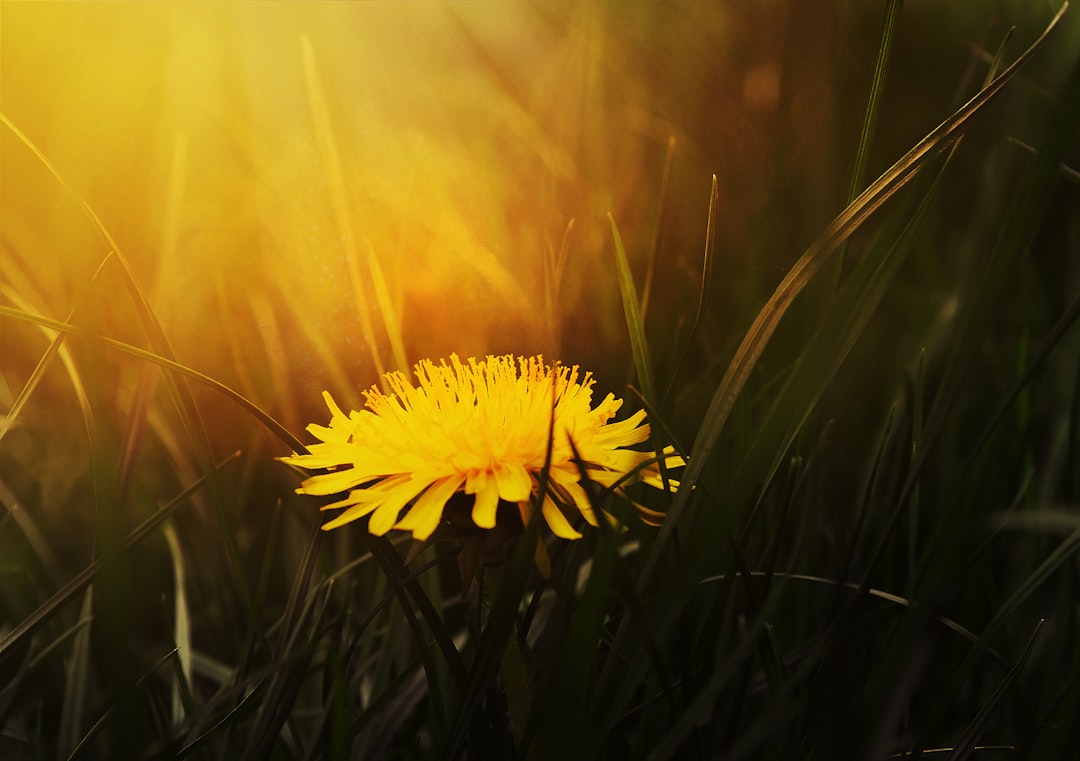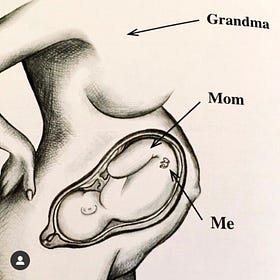Q: How do you do the circadian thing with a newborn?
A: Breastfeed, sunshine, routine
Since announcing the birth of my youngest child, people have been asking:
Q: How do you do the circadian thing with a newborn? Is it just the same?
A: In most ways, yes, you take care of a newborn’s circadian rhythms the same as your own. A key difference is newborns don’t make their own melatonin1. This means they are dependent on the mother’s milk—and the strength of her circadian rhythm—for the hormones of their circadian rhythm2. Getting baby outside and in a social routine with the rest of the family is the other key to syncing their rhythm up with local solar time (ie, being awake in the day and sleeping through the night)3.
I’m working on a more in-depth post about how safe solar exposure is different for newborn skin than adult skin. Stay tuned for that!
Edit: here’s the post about nurturing baby’s solar callus now that it is out:
In the meantime, if you care about this topic of early circadian rhythmicity:
Your mother gave you your circadian rhythm.
Did you know your circadian rhythm is first set by your mother? If your mother and grandmother lived in a healthy light environment, great! If they had a poor light environment, and if you haven't done the work to reset your rhythm, chances are, you may be carrying those unhealthy patterns today.
And jump into the protocols at the end of the Newborn Jaun…






